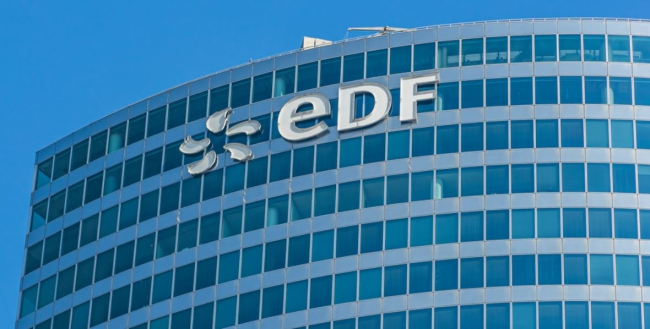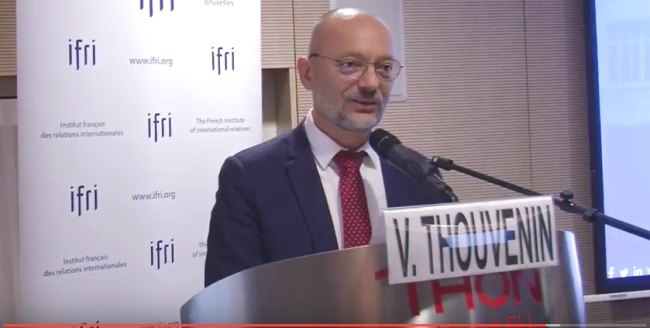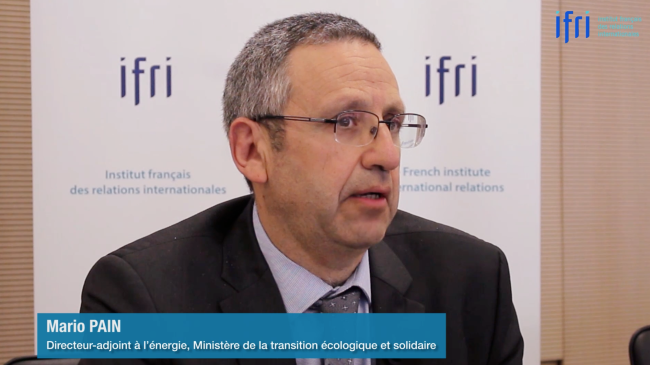Demand Response in Europe’s Electricity Sector: Market barriers and outstanding issues
In October 2014, Europe’s drive for sustainability has been further continued with the set objectives for 2030, aiming for 40% emission reduction compared to 1990 levels and at least a 27% share of renewable energy sources. For the longer term, the European Commission (EC) targets a zero CO2 emitting electricity sector in 2050. Those objectives for the electricity sector have a large impact on the expected development of electricity generation, but also on the evolution of demand. To meet those objectives, a larger share of electricity supply will come from intermittent sources like wind turbines and solar panels.
The Saudi Electricity Sector: Pressing Issues and Challenges
With 266 billion barrels of proved oil reserves (16% of world total), Saudi Arabia holds the world's largest (conventional) crude oil reserves, was the largest exporter of total petroleum liquids in 2013, and the second largest petroleum liquids producer behind the United States[1].
The EU Electricity Policy Outlook for the Smart Grid Roll-Out
The energy transition from a socio-economic system based on fossil fuels to a sustainable low-carbon system is a multi-facetted process. This “transformation” of the energy system, more specifically of the power system, creates several challenges.
The European Power System - Decarbonization and Cost Reduction: Lost in Transmissions?
Europe’s energy policy is commonly defined by three axes of equal importance: security of supplies, competitiveness and sustainable development. The European Commission is mandated to develop the policy tools that allow the implementation of this common policy. Early on, challenges arose from the trade-offs to be made not only between these three pillars but also between a common European policy and national approaches. The European Commission has always had to struggle in attempting to keep a balanced line.
German Nuclear: Green Is Good Politics
In polarized politics, the voter must take on faith the wisdom inherent in the principled political position. Who cannot be impressed by the nuclear catastrophe at Fukushima, especially after living through the fallout from Chernobyl? But is it reasonable to send the voter to the booth with only half the information? Does the German voter have any idea what it means to shut down its nuclear power in just ten years? Have German politicians made any effort to tell them?
German Power Options: Lack of Clarity Will Be Costly
The German environment minister Norbert Röttgen (CDU) revived the German debate about the future of nuclear power in February when he argued for a limited lifetime extension of Germany’s nuclear plants.
EDF’s problems pile up as full nationalisation looms
French supplier of nuclear energy is struggling with plant shutdowns, build problems and skills shortages.
RTE and the transformation of the European electricity system - Keynote Address by Vincent THOUVENIN
Vincent Thouvenin, Director for European Affairs of RTE, explains the role and challenges faced by transmission system operators in the energy transition at the 2030 horizon, and how the Clean Energy Package will accompany the transformation of our electricity systems.
The Transformation of the Electricity French System in 2030 - Mario Pain
Deputy Director, Ministère de la transition écologique et solidaire, describes the main challenges for the French energy system at the 2030 horizon and highlights the need to find the right balance between EU harmonization and national measures to achieve energy transition at the lowest cost.
Support independent French research
Ifri, a foundation recognized as being of public utility, relies largely on private donors – companies and individuals – to guarantee its sustainability and intellectual independence. Through their funding, donors help maintain the Institute's position among the world's leading think tanks. By benefiting from an internationally recognized network and expertise, donors refine their understanding of geopolitical risk and its consequences on global politics and the economy. In 2025, Ifri supports more than 80 French and foreign companies and organizations.












